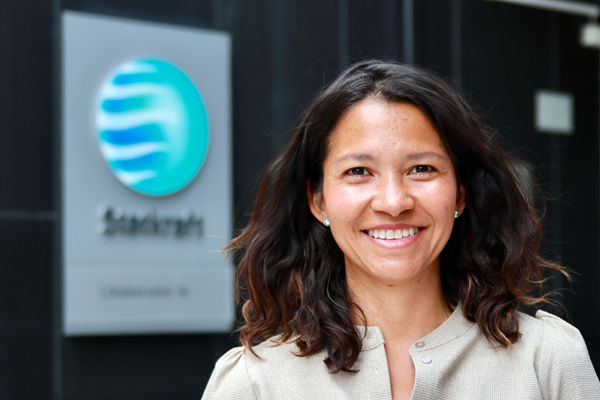Michelle Funes
Michelle Funes, VP Performance and Risk Management, joined Statkraft during the Covid pandemic. She is based at the company headquarter in Oslo.

How has employee attitude and expectation to workplace flexibility changed since Covid?
Flexibility from an employee perspective has always existed. Workplace flexibility is not a new concept but what has changed since Covid is how open employers like Statkraft have become to flexibility. We understand more now that most employees deliver on time and high quality regardless of where and when the work is performed.
How have you had to change as a manager to meet these changes?
Communication and information sharing have come to the forefront of management. As we move to hybrid work, and also as we become a larger international player, we need to rely on employees having access to information that allows them to perform at the highest level. In addition, one-to-one meetings have always been important, but now they are a critical part of building team, trust and open communication.
How do you think Statkraft has responded and reacted?
I think our response shows that management trusts our employees. Apart from those critical tasks which can only be performed on location, employees have not been pressured to return to the office five days per week. Trust is key.
Do you notice any changes externally in terms of candidates expecting companies to offer flexibility as a must have?
Yes, flexibility is a crucial part of the package offered to new employees. The younger generation plan their living situations with the expectation of being able to work in a hybrid way. For Statkraft, flexibility is crucial.
The Green Shift is complex and requires agility and innovation at all levels. Flexibility and creativity go hand-in-hand. It is not just about working from the office or home but also making use of the hours that we are most productive.